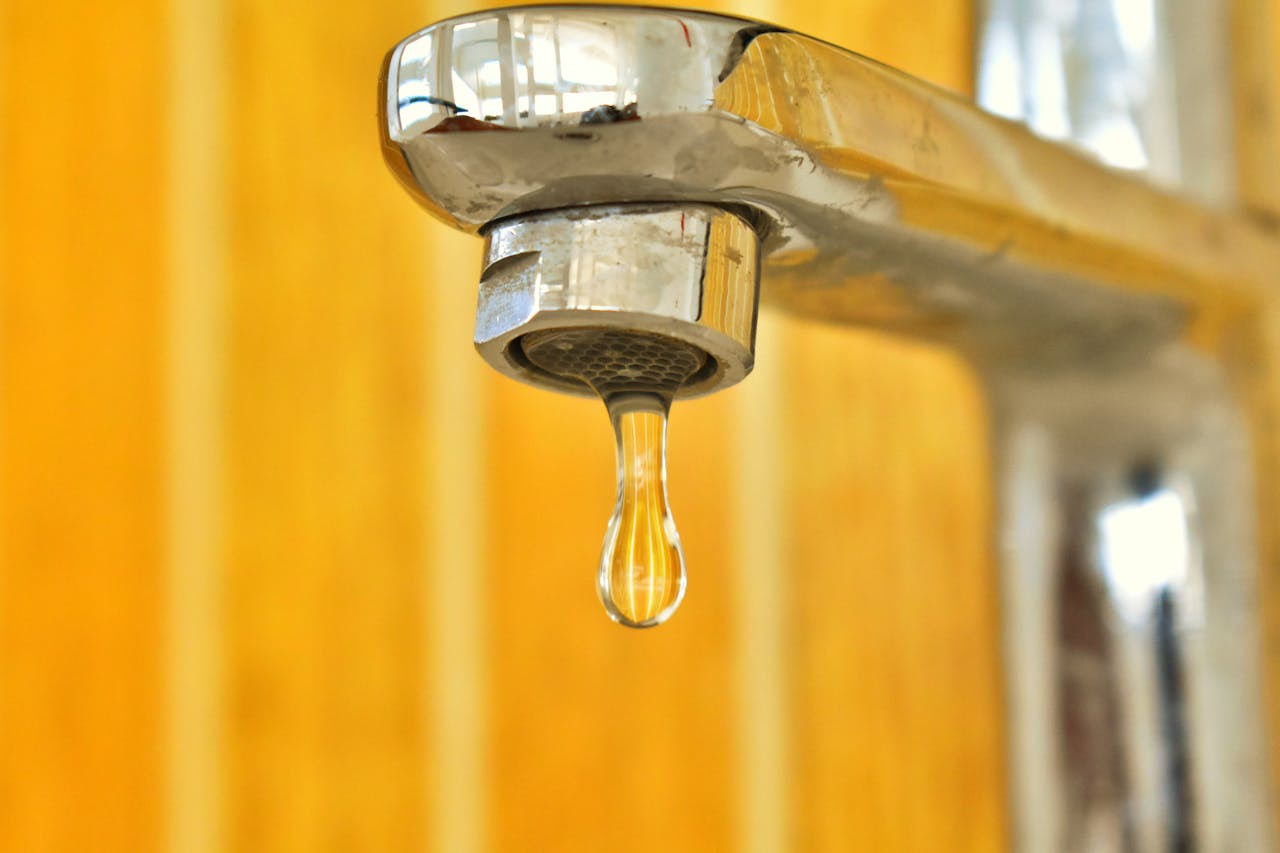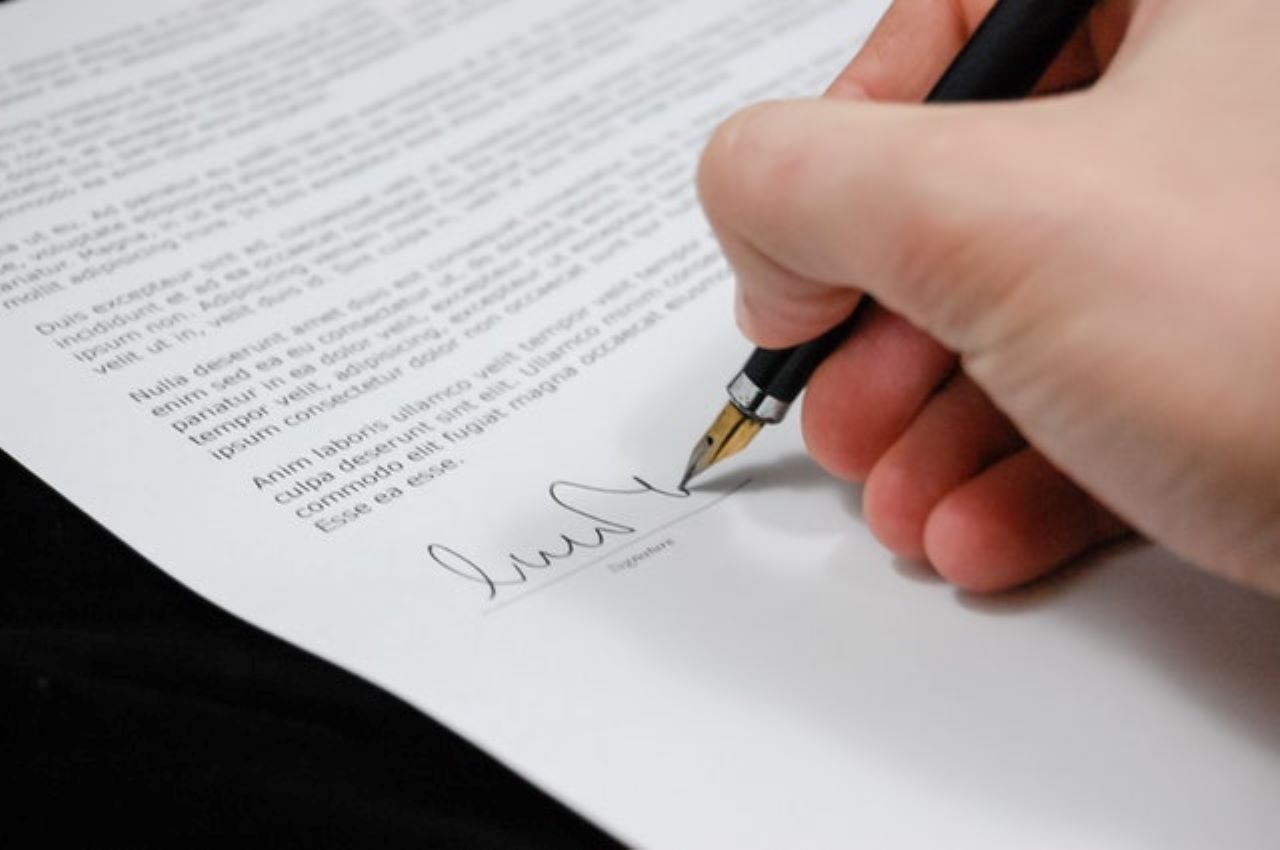How to Maintain Your Rental Property
Owning a rental property in Florida offers a great opportunity for long-term investment, but it also comes with the responsibility of keeping the property in good condition. Proper maintenance is crucial for attracting and retaining tenants, ensuring steady rental income, and protecting the value of your investment.
Regular upkeep not only prevents costly repairs but also helps you comply with local regulations and keeps your tenants happy. If neglected, small problems can quickly escalate into major issues, affecting both your reputation as a landlord and the overall profitability of your property.
To successfully manage a rental property, you need to adopt a proactive approach to maintenance. Whether you're a first-time landlord or someone who manages multiple properties, staying on top of routine tasks can feel overwhelming.
That's why it's important to set up a strategic plan in place. Below, Ocean Realty & Property Management outlines key aspects of maintaining your rental property, ensuring that it stays in excellent shape for both you and your tenants.
Essential Steps for Maintaining Your Rental Property
1. Conduct Regular Inspections
Regular property inspections are one of the most effective ways to catch minor issues before they become major problems. Plan to inspect your property at least twice a year: once in the spring and once in the fall.
These inspections give you the chance to spot any signs of wear and tear, address potential safety hazards, and ensure that tenants are abiding by the terms of their lease.

During an inspection, look at key areas such as the roof, plumbing, HVAC systems, and electrical wiring. Check for water leaks, mold, pest infestations, or any structural damage that could worsen over time.
Don’t forget to inspect outdoor areas like the yard, driveway, and exterior walls, as Florida's climate can cause wear on these parts of your property.
If you're not sure what to look for, consider working with a property manager. They can provide a detailed report on the condition of your property and highlight areas that may need immediate attention.
2. Stay on Top of Repairs
Even with regular inspections, repairs will still be necessary from time to time. The key is to address these issues promptly before they escalate into more expensive repairs or replacements.
Leaky faucets, clogged drains, and broken appliances may seem minor, but if left unchecked, they can lead to water damage, pest infestations, or even mold growth. These problems are more costly and time-consuming to fix.
Having a reliable list of trusted contractors and repair services is essential. Create relationships with plumbers, electricians, and handymen who you can call on short notice. This way, when something breaks or malfunctions, you’ll have someone available to fix it right away.
In Florida, special attention should be paid to air conditioning units, as they play a vital role in tenant comfort. Due to the state's hot and humid climate, an AC unit that breaks down can quickly become an emergency, so make sure to have regular servicing scheduled for all HVAC systems.

3. Seasonal and Preventive Maintenance
Florida’s unique climate, with its heat, humidity, and hurricane season, requires landlords to take additional steps in seasonal and preventive maintenance. Seasonal upkeep helps your property withstand harsh weather conditions and protects it from potential damage.
As a Florida landlord, it's critical to prepare your property for hurricane season. Secure windows with storm shutters, trim trees to prevent fallen branches, and make sure your roof is in good condition to withstand heavy rains and high winds. Check that gutters are clean and that drainage systems are clear to avoid flooding.
Florida's warm climate is conducive to pests like termites, ants, and rodents. Routine pest control treatments are necessary to prevent infestations that could damage your property and make it uninhabitable for tenants. Schedule regular pest inspections and treatments.
Florida's heat means tenants rely on air conditioning year-round. Schedule professional servicing of the HVAC system at least twice a year to ensure it’s running efficiently. This includes checking refrigerant levels, inspecting ductwork for leaks and cleaning or replacing filters.
Humidity in Florida can create the perfect environment for mold. To avoid mold problems, make sure your property is properly ventilated, especially in bathrooms and kitchens.
Install exhaust fans in these areas and check for any signs of mold during your regular inspections. If mold is detected, address it immediately with a professional remediation service.
4. Ensure Tenant Compliance With Lease Agreements
Maintaining your rental property isn't just about handling physical repairs. It's also about ensuring that tenants are following the terms of their lease agreements. Tenants have a responsibility to care for the property and report any maintenance issues promptly.

During tenant onboarding, clearly communicate their obligations, such as maintaining cleanliness, disposing of trash properly, and reporting damage or necessary repairs in a timely manner.
Some landlords include clauses in the lease that hold tenants accountable for maintaining certain aspects of the property, like replacing light bulbs or keeping the lawn tidy.
To foster good tenant relationships and make sure problems are addressed quickly, establish a clear process for tenants to report maintenance issues. Many landlords use property management software that allows tenants to submit maintenance requests online, ensuring fast and efficient communication.
5. Budget for Maintenance Costs
Property maintenance comes with a cost, and it's important to budget for both routine and unexpected expenses. Industry experts recommend setting aside at least 1% to 2% of your property's value each year for maintenance and repairs.
Having a reserve fund allows you to cover emergency repairs without scrambling for funds. This ensures that your property remains in good condition and that renovations are handled promptly, keeping tenants satisfied.
6. Work With a Property Management Company
If you find that maintaining your rental property is too time-consuming or stressful, consider hiring a property management company. They can take care of everything from routine maintenance to emergency repairs, tenant communication, and even rent collection.
A property management company like Ocean Realty & Property Management has local expertise and connections with contractors, which allows them to address maintenance issues quickly and cost-effectively.
Conclusion
Maintaining your rental property is essential for preserving its value, keeping tenants happy, and preventing costly repairs down the line. By budgeting for maintenance expenses and staying proactive about issues, you can ensure your rental property remains a profitable investment for years to come.
At Ocean Realty & Property Management, we understand that keeping up with maintenance can be overwhelming, especially for landlords managing multiple properties.
Our team of experienced professionals is here to help. Contact us today to learn how we can help you maintain your rental property and ensure its long-term success!